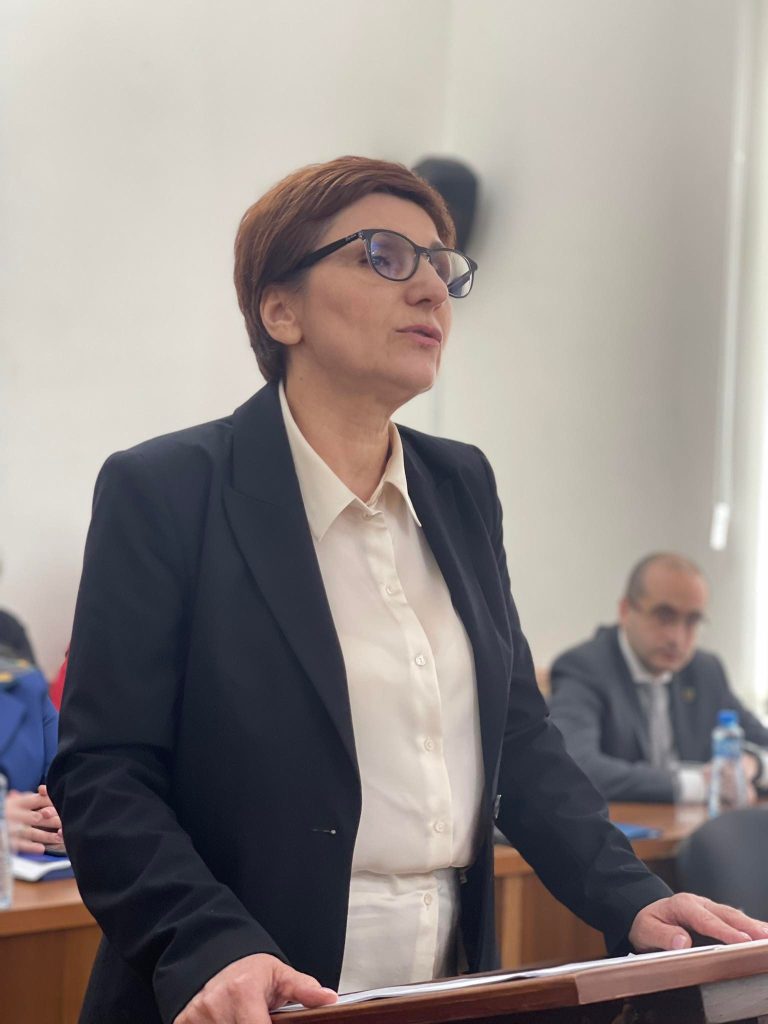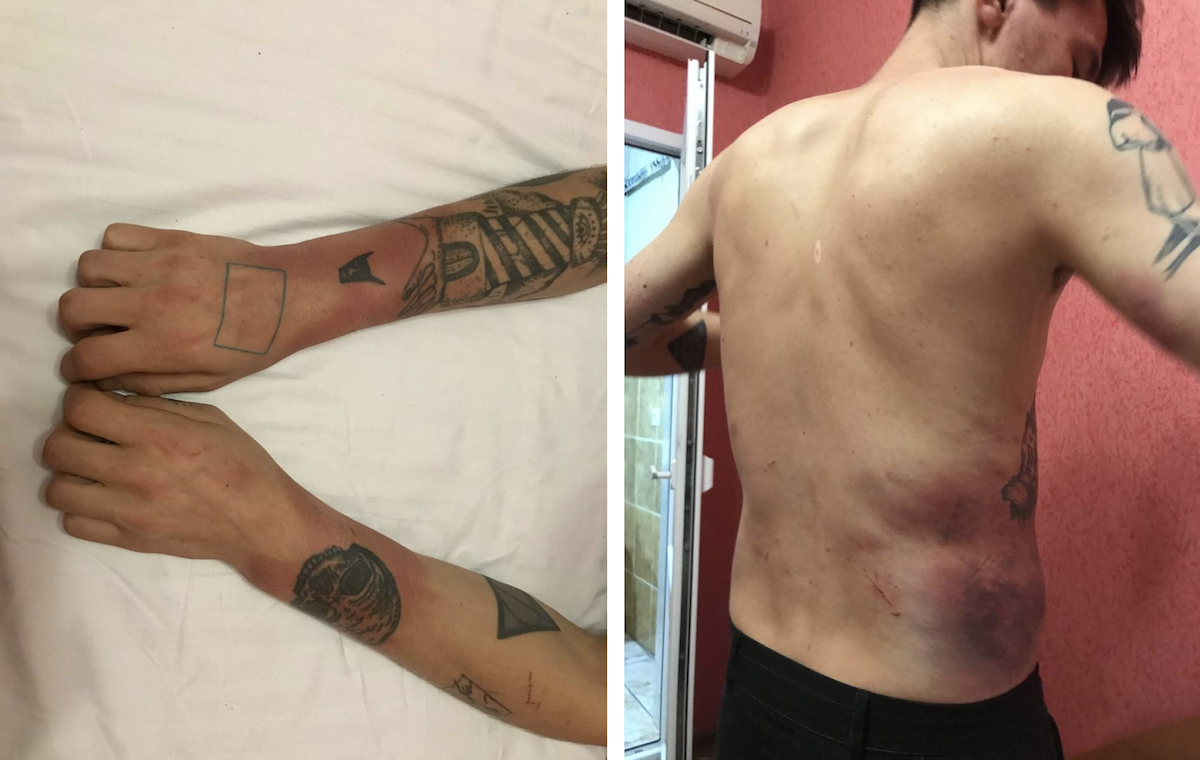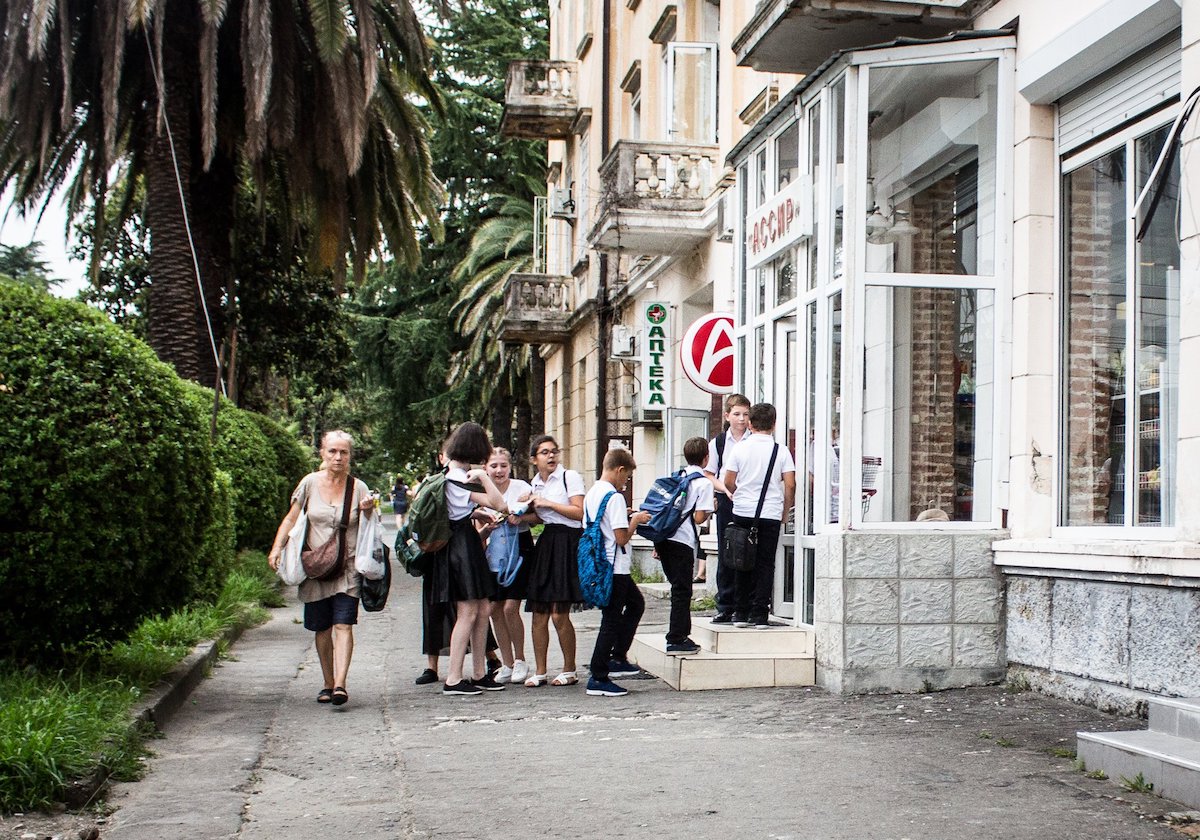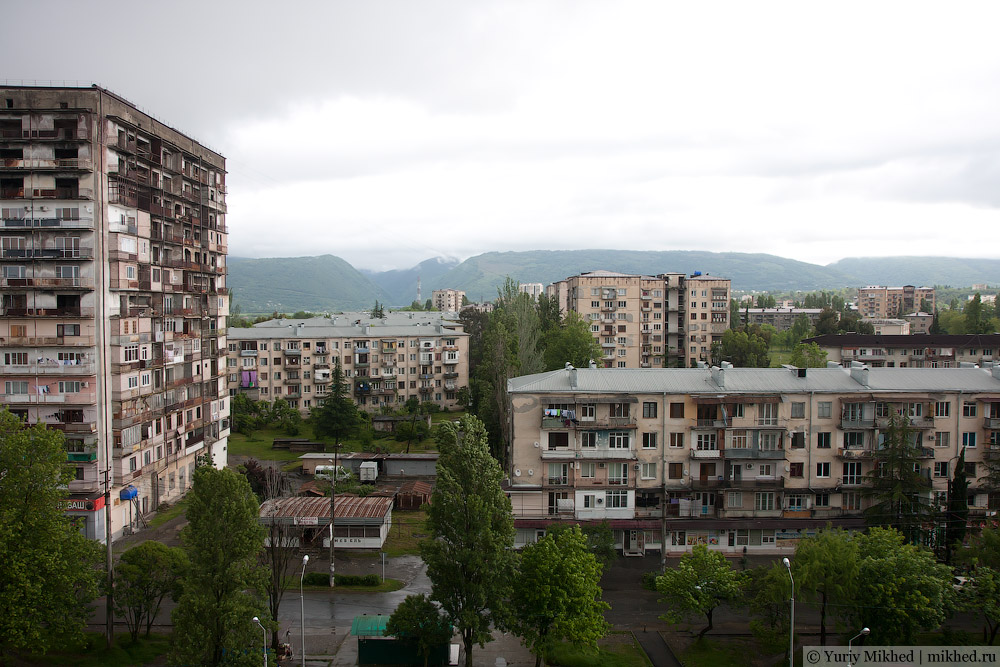Stories about the state of human rights in Abkhazia
Human rights in Abkhazia
Five years have passed since Asida Shakryl became the Ombudsman ad Commissioner for Human Rights in Abkhazia. Shortly before retiring, she talks about her most memorable cases. She says that protecting human rights is the work of the Ombudsman and there is nothing to boast about; on the contrary, emphasis should be placed on what did not work out, on cases where it was not possible to defend human rights in Abkhazia or it was too difficult, so that these problems can hopefully be solved in the future.
- Abortion ban in Abkhazia. “Is my child really more important to the deputies than to me?”
- “Ashamed to be a victim”: stories of torture victims from Abkhazia
- “My great-grandfather was a Muslim, and my great-grandmother a Christian” – about religions in Abkhazia
Abuse under arrest
We carried out monitoring of secure institutions, as part of which we also visited a psychiatric hospital. I always communicated with doctors and patients. In one of the wards, it seemed to me that a patient wanted to tell me something. It was a young man, not even 30 years old. I asked everyone to leave, I was alone with him and asked only one question: how did you get here?
He showed me the wound on his head and told me that a few months ago he was arrested on suspicion of robbery. They took him to a temporary detention facility, and the next morning he woke up with a wounded to head. He was brought to a hospital. There he underwent serious surgery and his life was barely saved, but he was permanently disabled. The effects of the injury changed his life forever. And all this happened at a secure facility, where there is no access to outsiders.
We wrote a lot of letters to the prosecutor’s office, demanding the case be looked into. But no one has ever been held accountable.
Abuse at home
At the end of 2022, we received a report about a father severely beating his daughter. Parents were divorced. The children stayed with their father. The daughter herself reported the beatings at school. She said that dad beat her with rebar. The mother was advised to sue to determine the place of residence of the child and she did just that. They awaited the decision, which takes time, and during that time the child remained with her father and was beaten.
There were the results of a medical examination and the story of the girl herself. The social service, the commission on juvenile affairs, a child protection specialist, the school administration, the district education department, and the internal affairs department were involved. Later the public organization “Panorama”, the Association of Women, the Center for Humanitarian Programs, the Commissioner for Children’s Rights, the Commissioner for Human Rights, the Minister of Internal Affairs personally, the Prime Minister joined in. Everyone who could, got involved, and in fact the child stayed with his father for more than a month, although all this time he reported about the beatings. The girl asked for help, save her and give her to her mother. And for a whole month no one was able to do it.
In the end, by court decision the girl was handed over to her mother. But it seems to me that this case revealed the problems of all the public authorities. I believe it is necessary to urgently adopt a legal document aimed at protecting the rights of children, including regulating the activities of guardianship and guardianship bodies in Abkhazia.
A destroyed home
A woman lived in a house in the center of Sukhum with her grandmother. The house was across the park from City Hall. In the 90s, during the Georgian-Abkhaz war, a shell hit this house. The grandmother died.
After the war, as you know there was chaos. People just took things. And if someone turned out to be law-abiding and did not take anything, then the state did not get around to allocating something to them. So the woman in question turned to the state and said that her house was in disrepair. At the first stage, serious investments were needed; the house did not have a roof. And the state had no money. The house stood in this form for many years, gradually collapsing. The woman all this time lived in a rented apartment with her son, whose father had died from injuries in the war.
And suddenly at some point, the administration of Sukhum, in violation of all norms, gives permission to an entrepreneur to demolish this house and build a business center in its place. But this entrepreneur is not building a business center there, but a very large residential building. The woman filed dozens of applications to no avail. Then she came to us. She no longer had any property. If she could even privatize and sell that ruined house, imagine how much money she could have gotten.
We went to court and won. The court decided that the woman should be provided with housing equal to what she lost and the mayor’s office of Sukhum should compensate for the damage. But there is no state housing stock in Abkhazia and the state does nothing to ensure that this fund exists – it just shrugs and says there is no money. We thought, maybe then they will pay her the amount for which she can buy a house for herself. We applied to the court to change the method of execution of the judgment. They sued the mayor’s office for a long time, but achieved nothing.
Personal history
Apparently, I am the person who violates some unspoken or, perhaps, public norms of Abkhaz society. Violating norms is when you do not take into account family relations, with some bureaucratic rules. And I have chosen this path because if you fit into this management system, you will not be able to protect human rights in Abkhazia.

If you constantly and consistently point out human rights violations by the authorities, it annoys them. But I don’t have to be “good”, everyone likes me, I have a responsibility. I am uncompromising when it comes to the humiliation of human dignity. It is not easy. You lose friends, ruin relationships with people. I used to think that everyone should love me, that I have never done anything in my life so that they would not love me. And now I understand and accept that perhaps some does not like me, and some can’t understand me at all.
But my family treats my work with respect and trust. They know that I work honestly and if I do something, then it is necessary.
To be continued
By law, the same person can hold the position of Ombudsman for two consecutive terms. But Asida Shakryl decided not to run again. She says that five years is long and hard enough. A decade, in her opinion, is already too long for serious efficacy, and turnover is very important in a democratic society.
Now Shakryl plans to remain an active citizen of the republic. There are two candidates running for the post of Ombudsman. Which of them will defend human rights in Abkhazia for the next five years will become clear in early April.
Terms, place names, opinions and ideas suggested by the author of the publication are her / his own and do not necessarily coincide with the opinions and ideas of JAMnews or its individual employees. JAMnews reserves the right to remove comments on posts that are deemed offensive, threatening, violent or otherwise ethically unacceptable.






















